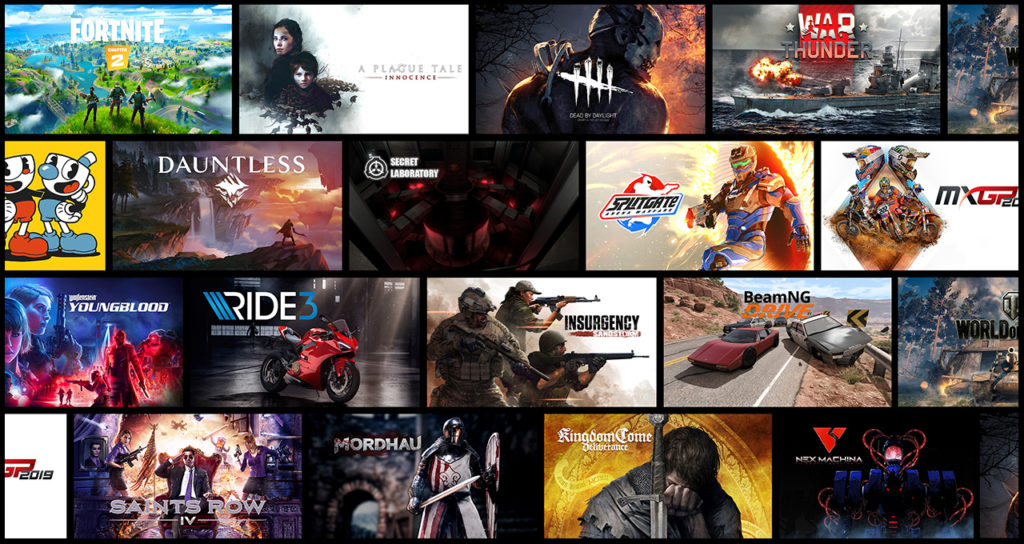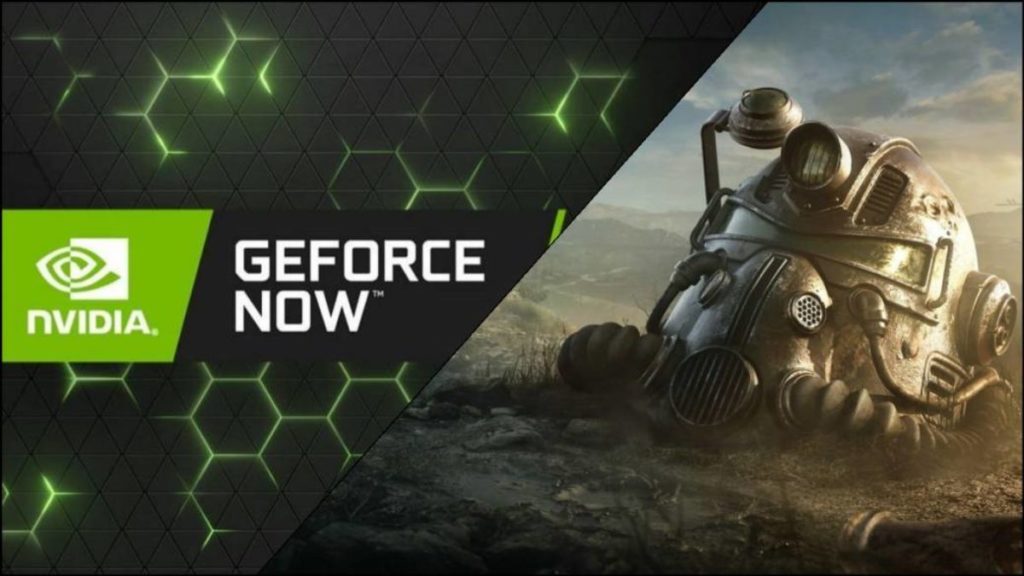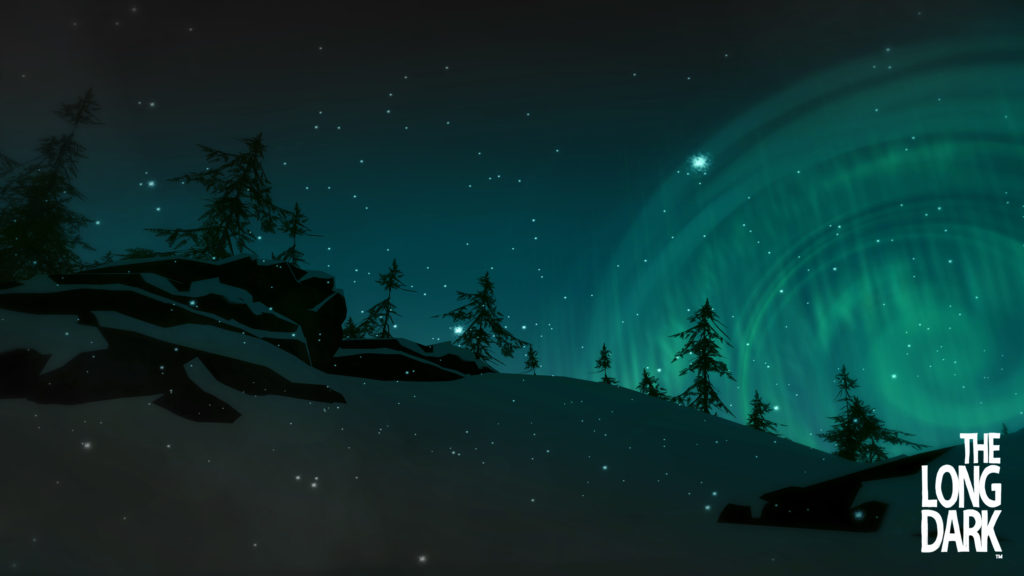GeForce Now has one failure after another. In its first month, the service lost two top publishers and upset the developers of The Long Dark. It looks like Nvidia has made a number of legal blunders.

First, let us recall what kind of project this is. GeForce Now is an Nvidia cloud service without its own store, but with the function of connecting to other stores. If the user purchased the game in a third—party store (Steam, EGS, etc.), he can synchronize his account with GeForce Now – the service will allow you to run the title on any PC or Android device.
The Nvidia project has been in beta for several years. We tested it, among other things, with the help of titles from EA, Capcom, Konami, Square Enix and other publishers. By the time of the release of the games platform, most of these companies were not there.
The fact is that the publishers’ agreements with GeForce Now were valid only during the beta test period. After its expiration, a number of publishers could not or did not want to conclude new contracts. Nvidia agreed on the terms with the remaining of them before the release of the platform. But, as it turned out, not with everyone.

Activision Blizzard
On February 12, access to Activision Blizzard games disappeared from GeForce Now. The initiative came from the publisher. This happened due to a “misunderstanding of the parties,” as noted in Nvidia.
Activision Blizzard knew that the contract with GeForce Now only applies to beta. The authors of GeForce Now thought otherwise: that the agreement allegedly also covers the 90 days of the free period that players were offered at the release. Apparently, Nvidia made the mistake, because Call of Duty, Warcraft, StarCraft and other games of the publisher disappeared from the platform, and its creators apologized.
Bethesda
On February 21, the situation was repeated with Bethesda. The Dishonored, Fallout, The Elder Scrolls, Prey, and others series have disappeared from the GeForce Now catalog. There is only one game left from Bethesda — Wolfenstein: Youngblood. Probably because it has implemented ray tracing technology specifically for GeForce Now subscribers.

Why it happened with Bethesda is certainly not clear. Nvidia’s blog mentioned that “some publishers may require the removal of their games before the end of the (free) trial period.” It also noted that, “most likely, only a small number of games will be deleted, while the GeForce Now library is replenished every week.”
And it is sometimes replenished without the permission of the developers.
Hinterland Studio
The episodic survival The Long Dark appeared on the site exactly like this: its authors, Hinterland Studio, were not notified in advance. The developers demanded to correct the situation. Now the title can no longer be launched via GeForce Now.
And again, the problem is from the legal side. The Long Dark is sold on Steam under an agreement with Valve. The authors of GeForce Now have nothing to do with it, according to Hinterland.

“(Nvidia) is selling access to a content library. But we, the developers, have a choice. <…> This is our content, and we determine where it is and where it is not. Our distribution agreement is with Valve, not Nvidia,” the developers noted.
With their statement, they outraged a number of GeForce Now users. On Twitter, users proclaimed the right to choose what to play on. Hinterland at the same time, according to them, does not lose anything: the game was purchased on Steam before launching in GeForce Now anyway. But the developers in response urged to blame Nvidia for the situation.
According to the law firm Hoeg Law and Virtual Legality, Hinterland is the right one. Only the developer has the right to decide where and on what device the game can be launched, IGN lawyers quote. Nvidia should have read the license agreement with the end user of The Long Dark. It prohibits the use of any single copy of the game for commercial purposes. Its launch on devices not controlled by Hinterland, by subscription GeForce Now falls under this ban.
***
At the release, GeForce Now was called “the future killer of Google Stadia”. The Google cloud service is not doing well. But the Nvidia team, as the past month has shown, has something to work on. A number of media outlets are already wondering whether her service will survive without access to the titles of the largest game publishers. And also — to what extent its policy of interaction with content respects the rights of interested parties.
Also on the topic:
